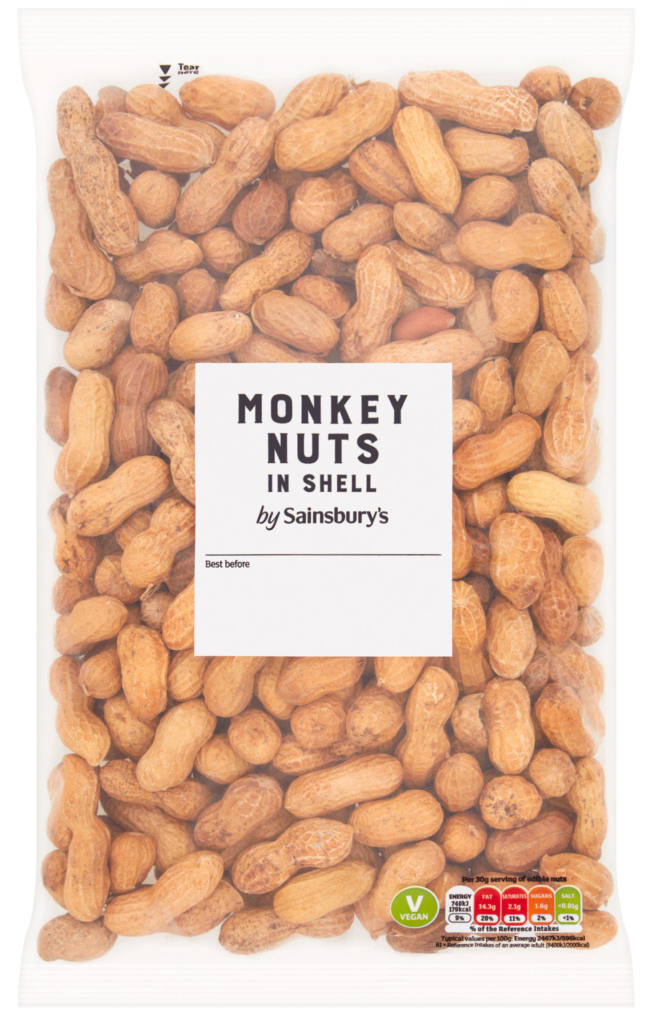Corvids eat almost everything we eat, but the problem is that our food is not suitable for birds. For example, there is too much salt in the food and/or insufficient nutrition. If we give poor quality food to corvids, they will also feed it to their offspring, which can lead to the development of “McDonald’s disease,” a condition caused by malnutrition that results in brittle and pale/white feathers, ultimately rendering the birds unable to fly.
Common mistakes:
A common mistake people make is feeding birds white bread or earthworms or solely vegetables.
White bread contains almost no nutrition. Birds may enjoy eating white bread, but it only fills their stomachs. The problem arises when they become full on bread and refuse to eat anything else. In that case, their bodies receive inadequate nutrition. A small piece of bread is not harmful, but if you give white bread daily, it can have negative consequences.
As children, we often hear that “birds eat worms,” and while many birds do, you should not offer worms to corvids! Worms and slugs crawl on the ground and through feces, carrying parasites and their eggs on and inside their bodies (yes, worms can have worms!). It is not advisable to feed corvids with worms.
What should you feed them then?
Dry cat food from a pet store is good to feed corvids. Some birds are not adept at drinking water, so if you’re feeling generous, soak the cat food in an equal amount of water for an hour. Then pour off the remaining water (if any), and you’ll have a good base to feed corvids. Do not give cheap cat food to corvids as it often contains excessive salt, which is not good for cats either 🙁 Do not provide canned food to corvids as it gives them diarrhea.
They also enjoy peanuts with shells (as do most birds). If you can’t find peanuts with shells, do not buy other peanuts from regular stores as they may be seasoned or salted, which is not good for birds. You can offer shelled peanuts intended for birds.
The cheapest and easiest option is to buy a ready-made bag of peanuts in shells to feed your feathered friends 🙂
